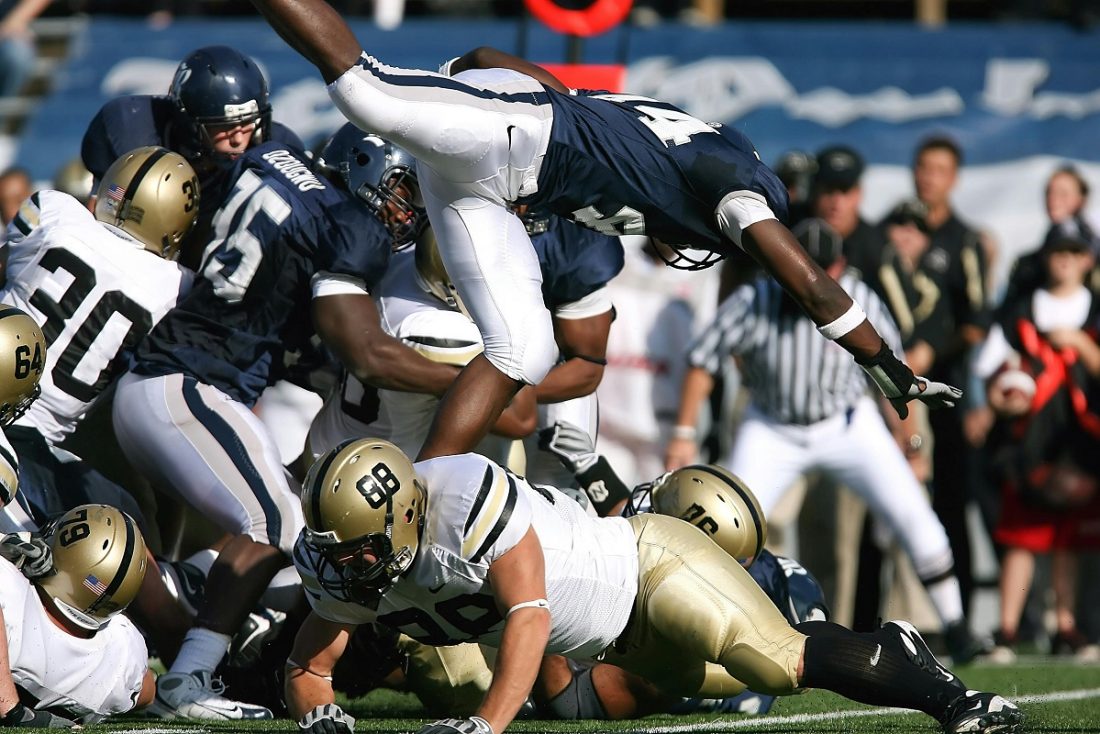The landscape of college sports, and particularly that of college football, has changed significantly in recent years.
First, there has been an almost constant realignment of collegiate athletic conferences resulting in a few major mega-conferences, including the SEC, ACC, Big Ten and Big 12, and the disintegration of a former major conference in the Pac 12.
Most of the other changes related to the student-athletes, such as the ease with which student-athletes can transfer from one school to another and the ability for them to now be paid for their name, image and likeness. All these issues were potentially pointing to new business models in college sports, but within the last week that landscape was shaken even further.
Recently, the NCAA and its five major conferences settled multiple lawsuits to pay past and present student-athletes a total of $2.8 billion. The settlement also laid the foundation for the payments of college student-athletes starting in fall 2025.
“The major unresolved questions are who will get paid and how much,” said Rick Franza, PhD, professor in the James M. Hull College of Business at Augusta University. “If we ‘follow the money,’ we see that football and basketball (particularly men’s basketball) generate almost all of the revenues, and most of the revenues comes from major conferences. Therefore, most of the player payments are going to go to football and basketball, and given the size of the relative rosters, football teams will be much more costly.”


professor in Hull College
Franza added the settlement will further exasperate the revenue and cost differences between major conferences and smaller conferences. Not just that, between football and the so-called Olympic sports which generate little, if any revenue.
It has always been clear from both a revenue and cost perspective, college football is very different than other sports. Revenues are much higher for the major conferences in football and there is not the same extent of revenue sharing as there is in basketball due to the NCAA Tournament.
On the cost side, with the new realignment of the mega conferences and expanded geographic footprints, there is a significant increase in travel costs for the Olympic sports.
“While those expanded conferences were mainly driven by football revenues, they are also making all other sports more costly. Therefore, the time has come to separate football from other sports,” said Franza.
One solution was first proposed by Chip Kelly, former Oregon and UCLA head football coach and now Ohio State offensive coordinator. He proposed a 64-school football conference in which the members would share all revenues, including television, which would more easily cover the NIL and player pay costs. In recent months, similar proposals have been made for a college football “Super League,” which would include up to 80 schools.
“This makes too much sense not to happen,” Franza said. “It allows the bigger football schools to share the plentiful available revenues while being able to pay the players what they will demand. At the same time, the other college sports would be able to revert to their traditional, geographical conferences and reduce travel costs driven up by the realigned mega-conferences.”
He added two conferences, the SEC and Big Ten, the most successful under the current alignment, could delay the implementation.
Franza also predicts that an agreement taking the first steps towards such a structure will be reached sometime in 2024.
“While it makes a lot of sense to go in this direction prior to the player settlement, it makes even more dollars and ‘sense’ now given the settlement,” said Franza. “While the SEC and Big Ten currently make net more money than any other conference, I think they will see the light for what is best for the future of College football.”
 Augusta University
Augusta University





